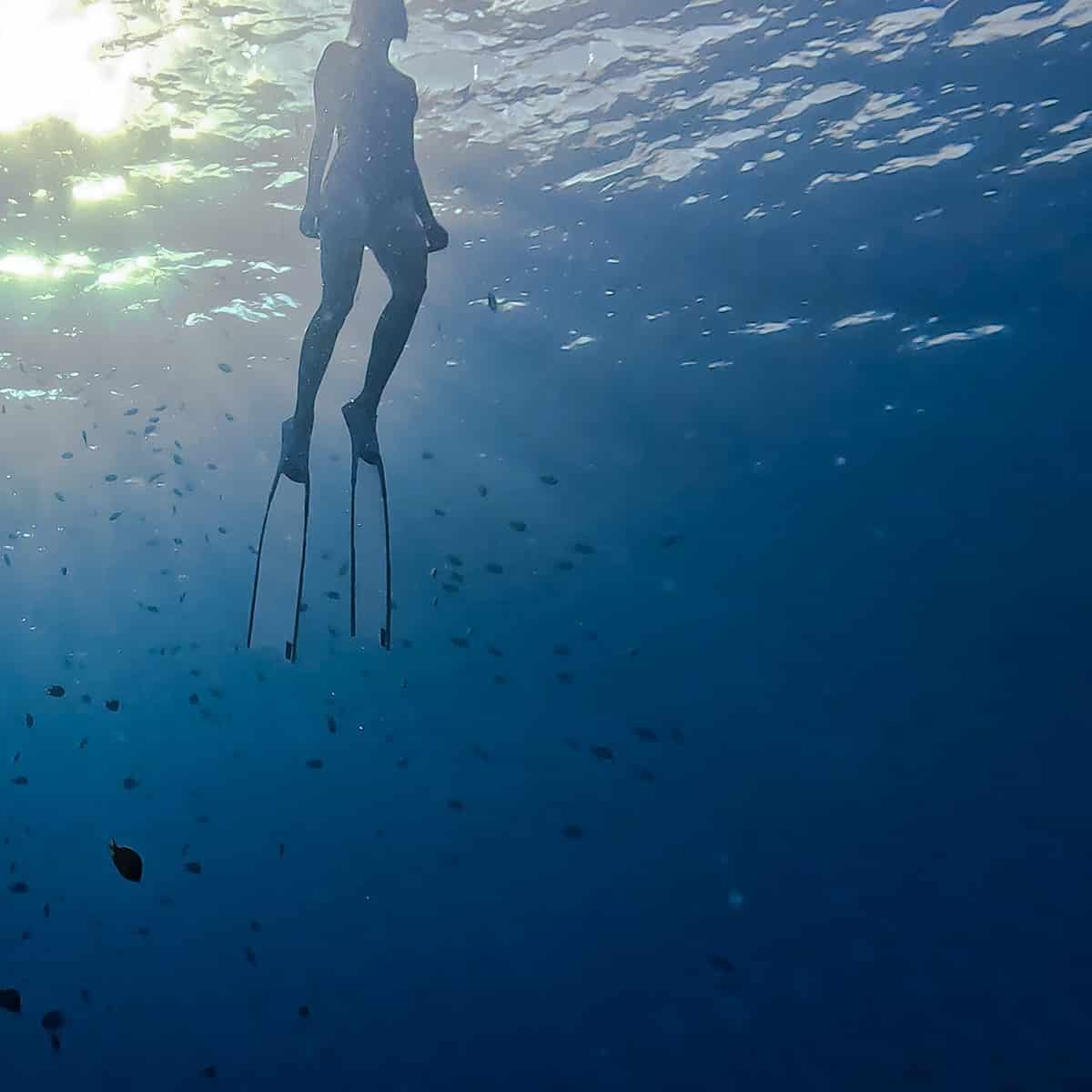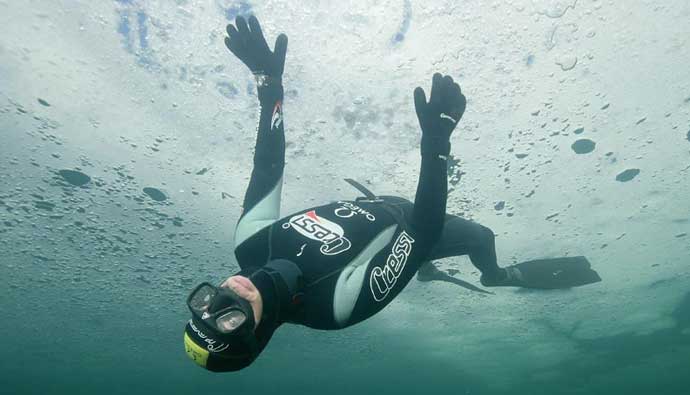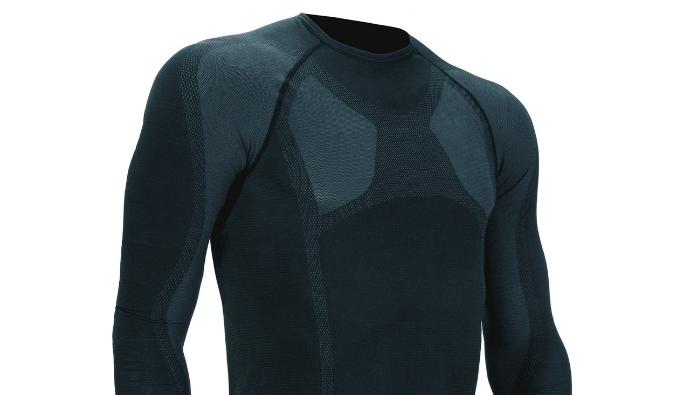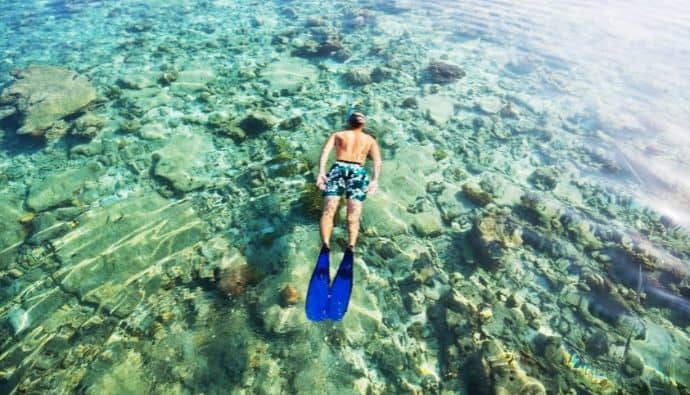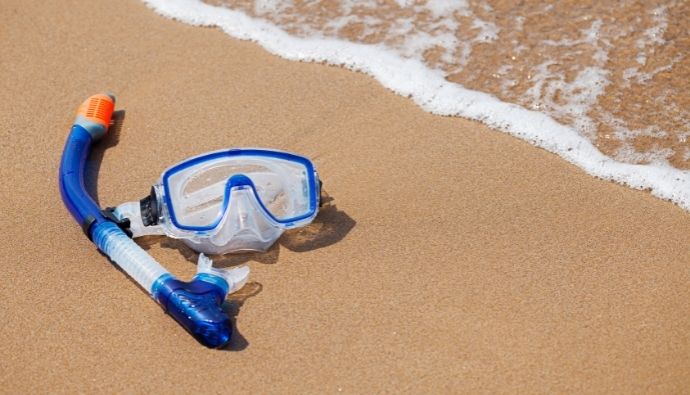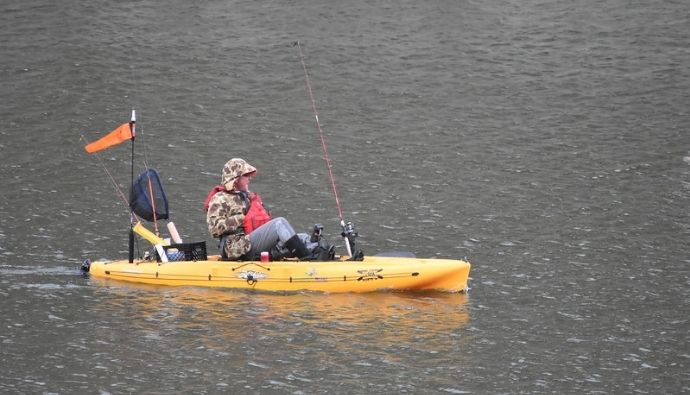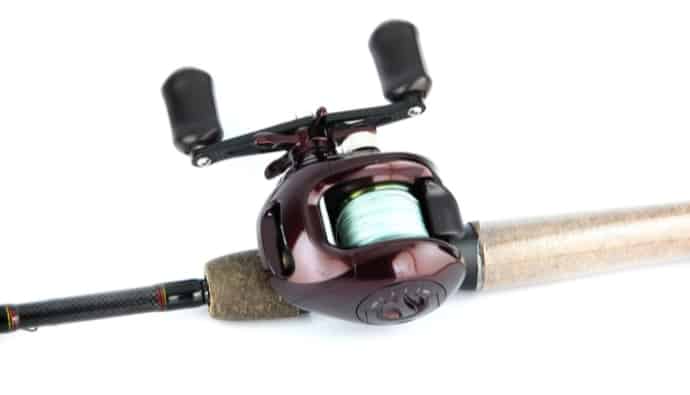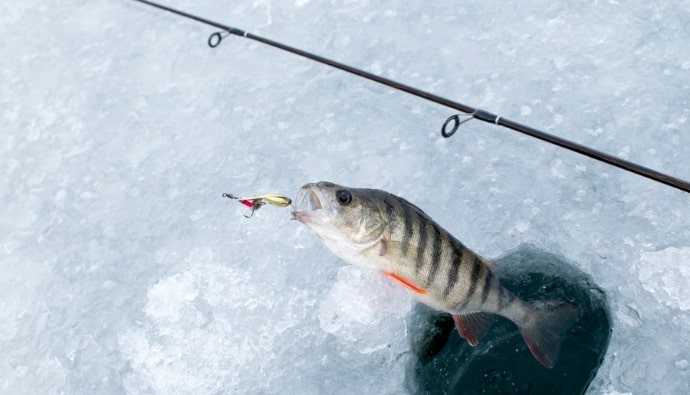Snorkeling is a fun activity that every person will love to experience, but it can be tricky for those with vision problems. Anyway, what is the point of snorkeling if you do not see the beauty or scenery of the underwater world?
You might be asking yourself: how to snorkel with glasses if you or any of your family members have a vision problem. You are not alone!
We’re sharing the answers you need on whether it is possible to snorkel with glasses. Keep reading for this and more!
Is it possible to snorkel with glasses?
Any person who has attempted to snorkel with glasses will tell you that, although it is possible to snorkel with glasses, it does not work out perfectly. There are various issues that you will face when you try it.
Generally, swimming goggles and snorkeling masks do not fit well over glasses. A face snorkel mask is also not big enough to accommodate your eyewear.
Although they might seem right on land, whenever you get into the water, you will realize that the earpieces interfere with the seal on your snorkeling mask, causing the mask to leak.
The glasses are also designed to sit a certain distance away from your eyes. If you wear them underneath your snorkeling mask, the lenses may be pushed further or closer than the intended position. This can result in blurry or worse vision than if you did not wear the glasses.
Alternatives to snorkeling with glasses
People with vision issues can still enjoy snorkeling without missing out on the beauty of the underwater scene. There are alternative ways you can snorkel with glasses.
Here are different ways that you can use to optimize vision while snorkeling.
1. Rely on the natural water magnifying properties
Because of the concave nature of the water surface, light rays coming from the bottom of the water surface diverge. This causes objects below the water surface to appear magnified.
For instance, if you wear a snorkeling mask, swimming goggles, or flat diving mask, objects underwater will appear 25% closer and 33% bigger than the original sizes. As such, individuals with vision issues.
And if you wear prescribed glasses between -1.00 and +1.00, you will probably be fine leaving your glasses behind and grabbing your snorkeling gear, and diving into the water.
It is vital to note that before you are sure that you can rely on the natural water magnifying properties, it would be ideal to try out snorkeling with different snorkel masks while submerged in water.
Immediately to master the art of snorkeling without needing glasses, you will enjoy the sight underneath.
Pros
- It assists your eyes in adapting to water vision without the need for glasses
- It is cost effective
Cons
- They can expose your eyes to infection
- It may be an unpleasant experience while starting out
- Water can get into your eyes and cause blurred vision and discomfort
2. Use contact lenses
Contact lenses are budget-friendly and excellent alternatives for glasses. However, not all contact lenses are not suitable for snorkeling. Therefore you need to keep in mind some factors, such as;
- Keep your eyes closed whenever water leaks insole your snorkeling mask or whenever you want to remove the mask underwater. This assists in preventing you from losing contact lenses.
- Get permeable contact lenses and avoid using hard contact lenses. This is because water builds as you snorkel, and hard contact lenses can cause blurry vision with increased water pressure. As such, the ideal option is wearing soft contact lenses.
- Opt for disposable contact lenses if you plan to snorkel often. This will allow you to replace the contact lenses easily if you lose them. Besides, disposable contact lenses are ideal for individuals prone to eye infections as you can discard them after snorkeling and easily replace them.
- Before wearing contact lenses to snorkel, consult your eye doctor for recommendations based on your health history and vision problems.
- If you are not used to wearing contact lenses, consider switching to contact lenses before the snorkeling trip. This will give you enough time to get used to contact lenses.
- Rinse your eyes thoroughly using clean water. This will help minimize the risk of developing eye infections.
- Disinfect the contact lenses after every snorkeling trip to avoid irritation
Pros
- It provides a clear vision
- It prevents water from getting into your eyes
Cons
- It can cause contamination
- Not recommended by medical professionals
3. Use prescribed lenses
The majority of big dive gear companies sell masks with removable lenses. The lenses are made of tempered glass or plastic.
These are ideal choices if you anticipate your prescription to change over time. This is because you can easily replace these prescribed lenses. If your snorkeling needs to change, you will not be required to purchase new lenses instead of the entire prescribed mask.
Like pre-made masks, prescribed lenses are designed in a range of prescription strength in increments of 0.5.
4. Use a prescription snorkel mask
This is an ideal choice if you want to snorkel often or if you are uncomfortable with contact lenses. These snorkel masks have built-in prescription lenses.
They are also ideal for you if you have shortsightedness, longsightedness, or astigmatism, or if you need bifocal lenses.
They are one of the most expensive alternatives to glasses. However, pre-made snorkel masks are relatively cheaper and are ideal for individuals with the same prescription in both eyes.
If you need prescription strength for each of your eyes or you have astigmatism, you will most likely require a custom-made prescription snorkel mask.
Typically, pre-made prescription snorkel masks with corrective lenses are available from -1.00 to -10.00 for shortsighted individuals and +1.00 to +4.00 for long-sighted individuals, with increments of 0.5.
Therefore, before buying a prescription snorkel mask, it is vital to be sure of the specific prescription that you want.
5. Use a stick-on magnifier
This is a budget-friendly alternative to a prescription snorkel mask for long-sighted individuals who only wear reading glasses. It is common among scuba divers and underwater photographers, and they can turn snorkel masks into bifocals.
The lenses of these stick-on magnifiers will assist you in seeing screens and camera settings clearly while snorkeling without obstructing the view of the underwater environment.
6. Use a DIY snorkel mask
Generally, getting specialty pieces of snorkeling gear, such as prescription snorkel masks, are not affordable to everyone. Making a DIY snorkel mask is a more economical alternative.
Making a DIY snorkel mask requires the following items;
- Eyeglass screwdriver
- A pair of old glasses
- Anti-fog snorkel mask or dive mask
- Waterproof super glue that is safe for use on plastic or tempered glass
Here are the steps that you can use to make your DIY snorkel mask;
- Put on your mask to be sure that it fits perfectly.
- Unscrew and remove the earpieces(stem) from the old glasses using your screwdriver.
- Fit the old pair of glasses into the mask and try it on to be sure that it is comfortable. The frames need not push on the nose bridge or anywhere on your face. You also need to ensure that the glasses do not interfere with the mask seal.
- Stick the glasses to the inside of your mask using waterproof superglue.
- Wear the mask on your face and adjust it until the glasses are positioned rightly, and you can have a whole field of view.
- Allow the super glue to stick firmly, and you are done!
What are the essential snorkeling tips?
- Select an ideal snorkeling mask that suits you.
- Try on the snorkeling mask and adjust it using the straps until it fits tightly.
- Try on the snorkeling masks in a pool of water to ensure that there are no leaks.
- While trying on the snorkeling mask, ensure that your snorkel tube is in the mouth. It would be best if you did not dip it into the water yet.
- Gently put your face in the water and get to a 45 degrees angle.
- Have your lips seal around the snorkel and hold it in place.
- With your mouth, calmly breathe and cautiously draw deep breaths through the snorkel.
- If you are not feeling comfortable, be calm and remember that you can always lift your head above the water surface if you wish.
- It would help if you were calm and cautious of your breath.
Conclusion
Snorkeling can be a fantastic experience. It is an activity that is not limited to age. Any person can snorkel, but before trying this fantastic exhibition, you should take time to learn and understand the snorkeling basics.
Snorkeling with glasses presents some issues and challenges. However, there are many solutions to assist you in experiencing all the joy of this fantastic underwater activity.
The best or ideal solution for you will depend on your budget, eyesight, or the amount of time you are planning to snorkel and dive.




 Facebook
Facebook YouTube
YouTube